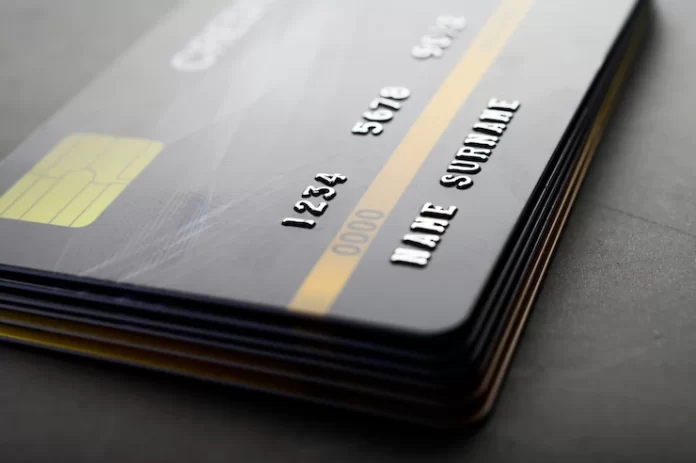Debit cards are often called check cards or bank cards used to make transactions. Some debit cards have a stored value that can be used to make a payment, while most debit cards send a request to the cardholder’s bank to withdraw money from the cardholder’s specified bank account. In other circumstances, no physical card is present, and the payment card number is only assigned for online usage.
A credit facility offered by banks enables users to borrow money up to a pre-approved credit card limit. Customers can use it to transact in the purchase of goods and services.
Debit Cards Vs Credit Cards
Impact on Credit Score
Factors that have an impact on your credit score when using a credit card are:
- Amounts Owed
- Length of Credit History
- New Credit
- Types of Credit in Use
- Payment History
Your credit history has a significant impact on both your credit report and your score. The obvious objection is that you cannot have a score without a history. There are simply no benchmarks to measure you against; because they depend on the amount in your account, debit cards do not count toward credit. Therefore, using a credit card properly is a wise strategy for building a credit history. A credit card with a good payment history has to be used wisely. This shows that you pay all needed monthly payments on time for the entire period.
How you manage credit is not the least important of these issues. Do you frequently use more of your credit card than what’s allowed? Is your credit utilisation rate high? This ratio indicates how much of your credit card limit has been used.
Purchase Protection
Due to the PIN, both debit and credit cards are secure. Most credit card liability protection features shield users from unauthorised or fraudulent transactions. Several banks also provide a charge-back service that reimburses the cardholder for illegal credit card purchases. Debit cards do not offer these features. If you prefer this level of security, you can apply for the Card Protection Plan (CPP) and shield your debit card from abuse or fraud.
In contrast to debit cards, credit cards offer cashback and benefits like flight miles, fuel rewards, and freebies. The ubiquitous credit card feature known as purchase protection allows consumers to file a claim with their issuer for replacement, repair, or refund for any qualified stolen or damaged items. Visa and Mastercard, two of the largest credit card networks, provide various purchase protection options.
EMIs
Because the entire amount is deducted from your savings account, debit cards do not have the idea of an EMI. Debit EMI is an option some banks and online retailers offer, but to use this service, you must maintain a fixed/recurring deposit. Money is originally removed from your bank account when you make a transaction and is added back in two working days. This suggests that you must maintain the necessary balance since the initial purchase. The debit card EMI starts 30 days after the reversed charge date.
You can use credit cards to convert your purchases into EMIs. However, you need to pay interest on the outstanding balance each month until your EMI is fully paid off. You could also need to pay service tax and other charges. You can consider increasing your overall credit card limit while using several credit cards to pay for different expenses. But wait a while before pressing “Apply.” Your credit score will suffer if you have many credit cards and a high utilisation rate. When you apply for a loan, banks look at your credit history for each credit card you use.
The Endnote
Since no borrowing is involved, using a debit card has no direct impact on one’s credit score. Since the debit card is directly connected to the owner’s account, the owner cannot borrow any money.
Despite the added perks of owning a credit card, it’s crucial to utilise one to establish a credit history. In this manner, you can become eligible for some of life’s significant milestones, such as eventually purchasing a home or a car. If used carefully, credit cards can offer significant financial advantages.


